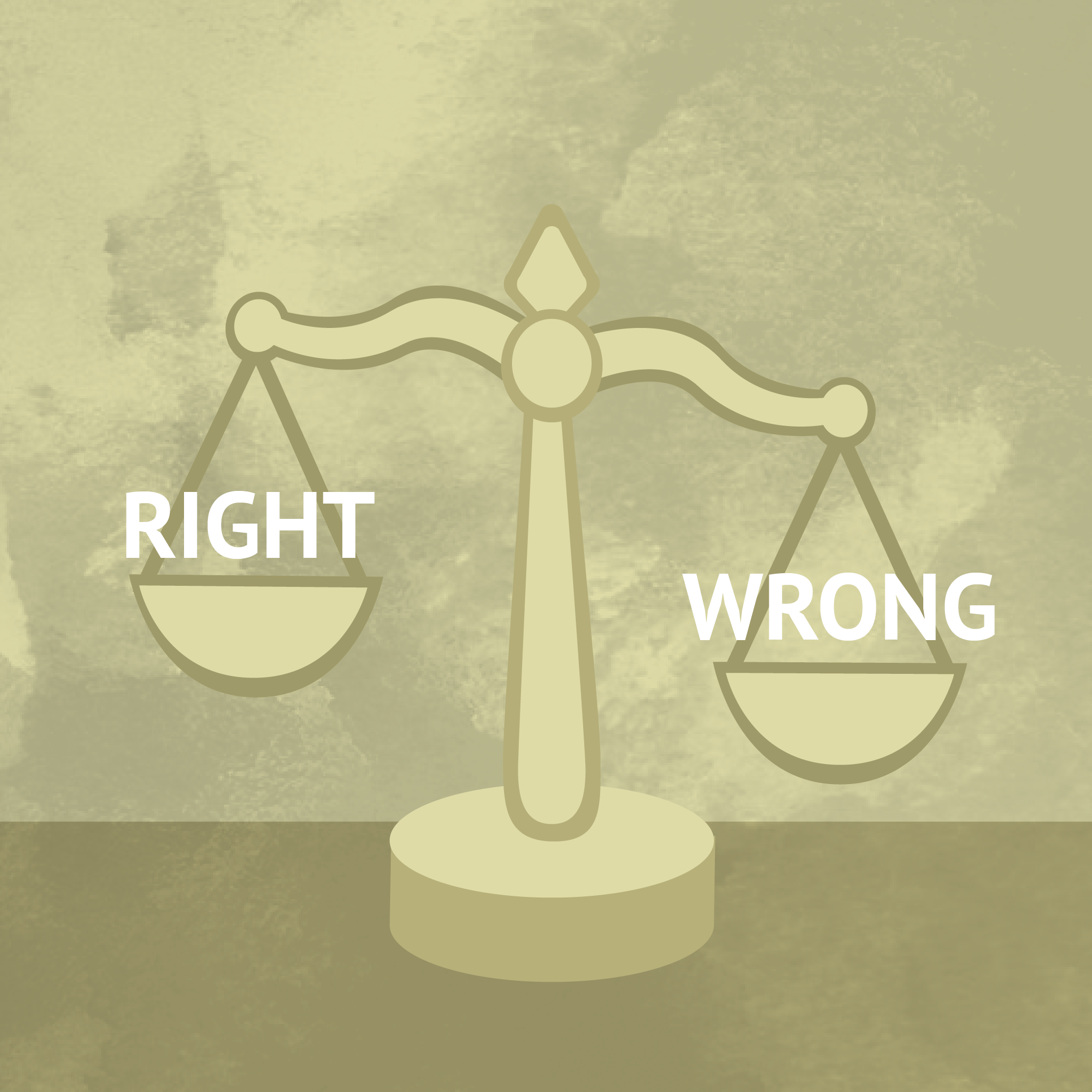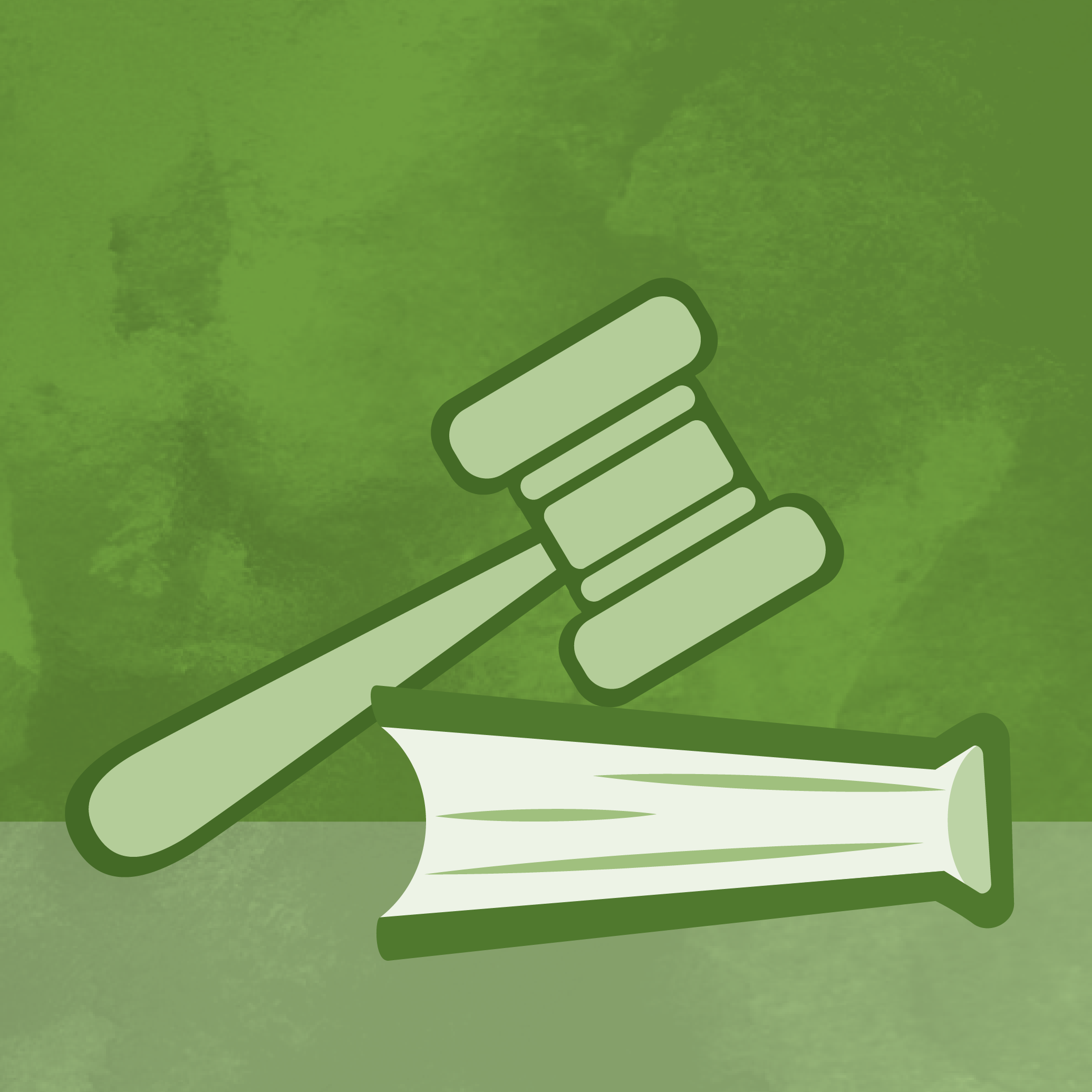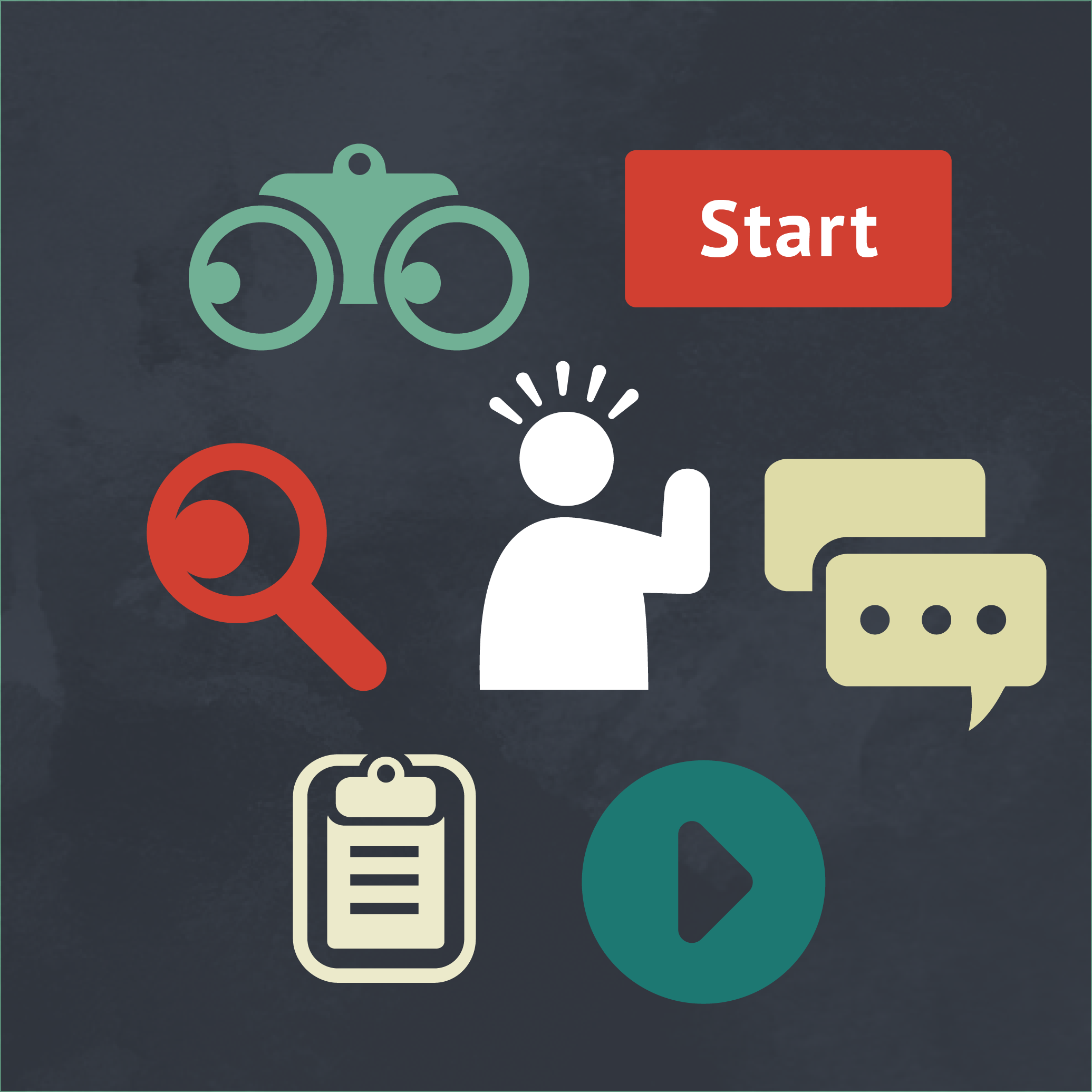Ethics Modules
The following modules will help faculty, and their students, sort out their ethical
worldviews and consider the value systems they have constructed for themselves. They provide in-depth discussions,
multimedia, and assessments to learn about ethics and teaching strategies to integrate into a
curriculum.
Module 1: What Is Ethics?
Ethics translate values into action, but can be difficult to define for some. They can change, be perceived differently, and the boundaries shaped by them can be altered. What are ethics? How are they different from morals? Do you have to be an expert to teach ethics?
Module 2: Ethical Judgment
Some people fail to see the ethical dimensions of given situations. Others have distorted ethical vision that results largely from rationalization, defense mechanisms, or from an unwillingness to focus on the problem so that it is seen clearly. These can contribute/reinforce perceptual problems and prevent empathy.
Module 3: Ethical Decision-Making
Even after one has concluded that an action is unethical, it’s easy to convince oneself that doing the right thing is not important enough, given other considerations (including, but not limited to, economic, political, and peer pressure influences). What are the challenges to ethical decision-making, and how can they be overcome?
Module 4: Action and Accountability
The end goal for ethics is action, ideally implemented with the greatest care to all involved. Ethical accountability is the readiness to take responsibility for actions taken (or not taken). This is not always easy, as many people will rationalize or qualify their decision-making, especially if the outcome may not be positive.
Resources and Repository
Access all of the resources that informed the development of modules, appropriate organizational links to websites, online networks, as well as access to multimedia and digital interactions utilized in modules.




